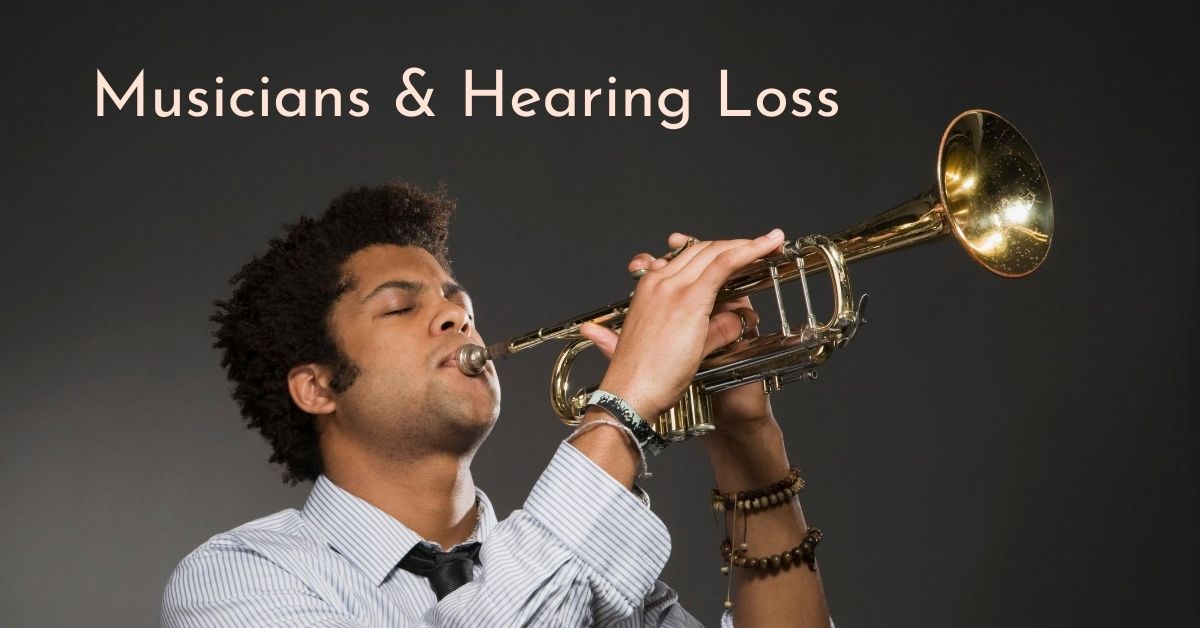When we think of careers that put us at risk for noise-induced hearing loss, a few obvious ones come to mind. Military personnel suffer from hearing loss and tinnitus more than any other medical problem. Industrial workers, surrounded by loud machines, are at increased risk (though employers are mandated to supply ear protection or reduce ambient noise levels). And, of course, we think of musicians.
We all have the image of the rock star surrounded by huge amplifiers, drums and public address speakers being pummelled by loud music. Indeed, the list of rock stars who suffer hearing loss is long: Huey Lewis, Eric Clapton, Pete Townshend, Sting, Phil Collins, and Ozzy Osbourne are famous musicians who we might expect to have hearing loss, and indeed they do. Even more frequently, rock musicians struggle with tinnitus, the persistent ringing in the ears that usually accompanies hearing loss.
Classical Musicians Suffer More Hearing Loss than Rock Musicians
We might not think of classical musicians as being at high risk for hearing loss, but in fact they are even more likely than rock musicians to develop noise-induced hearing loss. How can that be?
Proximity to Other Musicians
For one, while we see rock musicians surrounded by all those noisy instruments and hear them through deafening PA systems, the sound level on stage can be significantly lower than we might think. The PA system, the loudest aspect of the spectacle, puts the loudest sound out in front of the performers. Because the speakers are directional, in many cases like outdoor festivals, the musicians can’t even hear what’s coming out of those speakers. Musicians in an orchestra, however, are positioned right in the midst of the sound. The orchestra is arranged so that the louder instruments are at the back, so the audience can better hear the quieter ones, but this means that the clarinetists are getting an earful of trumpets positioned directly behind them!
Proximity to Their Own Instruments
Rock musicians on stage also tend to be more spread-out than classical musicians. While their guitar amps may be very loud, they can be far enough away from them that the volume is not as damaging as we might imagine. They hear themselves mostly through “monitor” speakers, usually a small wedge at their feet or a small in-ear headphone that can be adjusted to whatever level is comfortable. Classical musicians, especially violinists and violists, play their instruments while holding them directly next to their ears.
Lifestyle Differences
Finally, the lifestyle of a classical musician is usually such that they are exposed to music more often. Countless hours of practice in small rooms add up to more risk of hearing loss, where rock musicians can turn down their amplifiers or use smaller ones for practice purposes, and tend to practice less often. Classical musicians are also more likely to teach lessons, usually for tens of hours a week.
Hearing Loss Can Occur at Relatively Low Decibel Levels
We think of acoustic instruments (with the exception of drums) as being at lower levels than can cause hearing loss, but sound levels don’t have to be anywhere near painful to cause hearing loss. Permanent hearing loss can be caused by about 8 hours of exposure to sound levels as low as 80 dBA (decibels A-weighted). For every increase of 3 dBA, it takes half as long for hearing loss to occur.
Now, a violin reaches around 82-90 dBA. This number is likely higher for the performer, whose ear is significantly closer to the instrument than the nearest audience member. For a professional musician who is practicing, rehearsing, performing and teaching day in and day out, hearing loss is not a possibility: it is inevitable.
Hearing Protection is Crucial
For this reason, it is crucial that musicians of any stripe protect their ears with hearing protection. Commercially available earplugs, no matter the quality, always attenuate high frequencies more than low. Some models have a better frequency response than others, but the change is always there. This can make it impractical for a serious musician to perform well with earplugs in.
Custom-Fit Earplugs
However, our practice can provide custom-fit earplugs specifically for musicians. Musicians’ ears are their livelihood. If you are a musician, whether professional or a hobbyist, consider an investment in quality hearing protection so you can enjoy your craft without sacrificing your hearing health. Contact us today to learn more!

